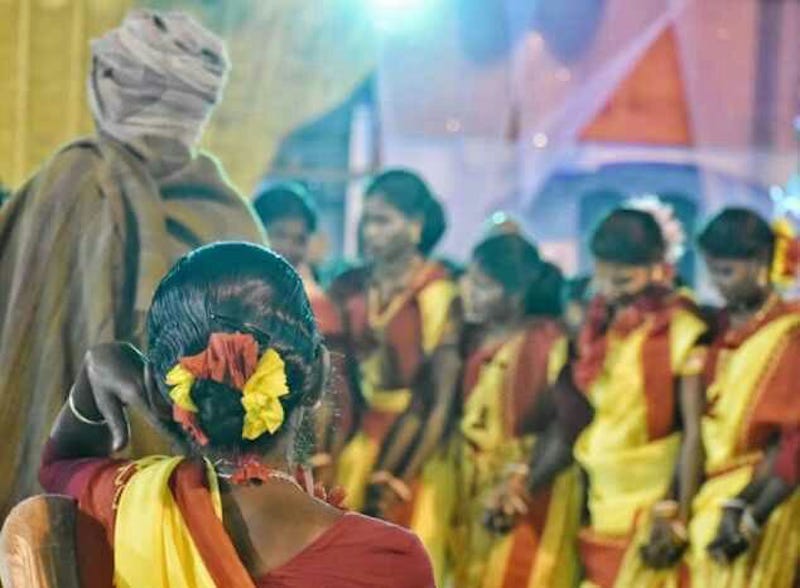

Inadvertently, it exposes the entrenched patriarchy in our society. Each story shatters the facade of development and morality that the nation espouses, especially in the hinterlands. What’s refreshing is that it’s the women who are protagonists in his stories – a daily wage labourer who has to leave a sick kid behind to fend for the family A women who has to deal with her husband’s mistress a women in love. “In less than ten minutes, the work is done…He gives Talamai two pieces of cold bread and a fifty rupee note and walks away.” The encounter, so matter of fact, that it leaves you discomfited, imagining the lives of these women.Īs a Santhal himself, the writer opens up a world hitherto unseen, not markedly different from the rest of the country, but with nuance nonetheless. For Talamai and other women, even finding the money for the rail journey involves having sex. November, the writer informs us, is the season for migration when Santhal men, women and children leave their homes to head to West Bengal to work in paddy fields. The sharpest censure of the state government, even the nation, is the story of Talamai. His angst, a reflection on how coal mining has turned everything black – the inhabitants poorer and landless, left to stealing coal found in their own land. The natives being displaced because of thermal plants and imprisoned for protests climb out of the inside pages and snippets of newspapers to ask why the government only remembers them during cultural festivities? Why is it necessary to make the Adivasis dance? “We are like toys – someone presses our ‘on’ button, or turns a key in our backsides, and we Santhals start beating rhythms on our tamak and tumdak, or start blowing tunes on our tiriyo while someone snatches away our very dancing grounds,” laments Murmu. Within Jharkhand, you are confronted with woman being branded witches, family feuds that cross the lines with unfounded accusations, poverty and death.

Unless, of course, religion comes into play. The caste hierarchies such that even the piling years don’t erase them. Where being Santhals, a tribe from Jharkhand, or even from South India isn’t entirely palatable. Of course, the “tensions under all that civility” isn’t restricted to just food but last names.

The diktat is just one of the truths The Adivasi will not dance by Hansda Sowvendra Shekhar lays bare. The endeavour involves making weekly trips to relatives to eat their daily staple of fish and eggs, only to find nuance in vegetarian items before circling back to cooking surreptitiously at home, taking care to dispose off the egg shells. In Gujarat, an officer’s family has to contend with giving up meat. For all its diversity, India bundles up many issues under the hood.


 0 kommentar(er)
0 kommentar(er)
